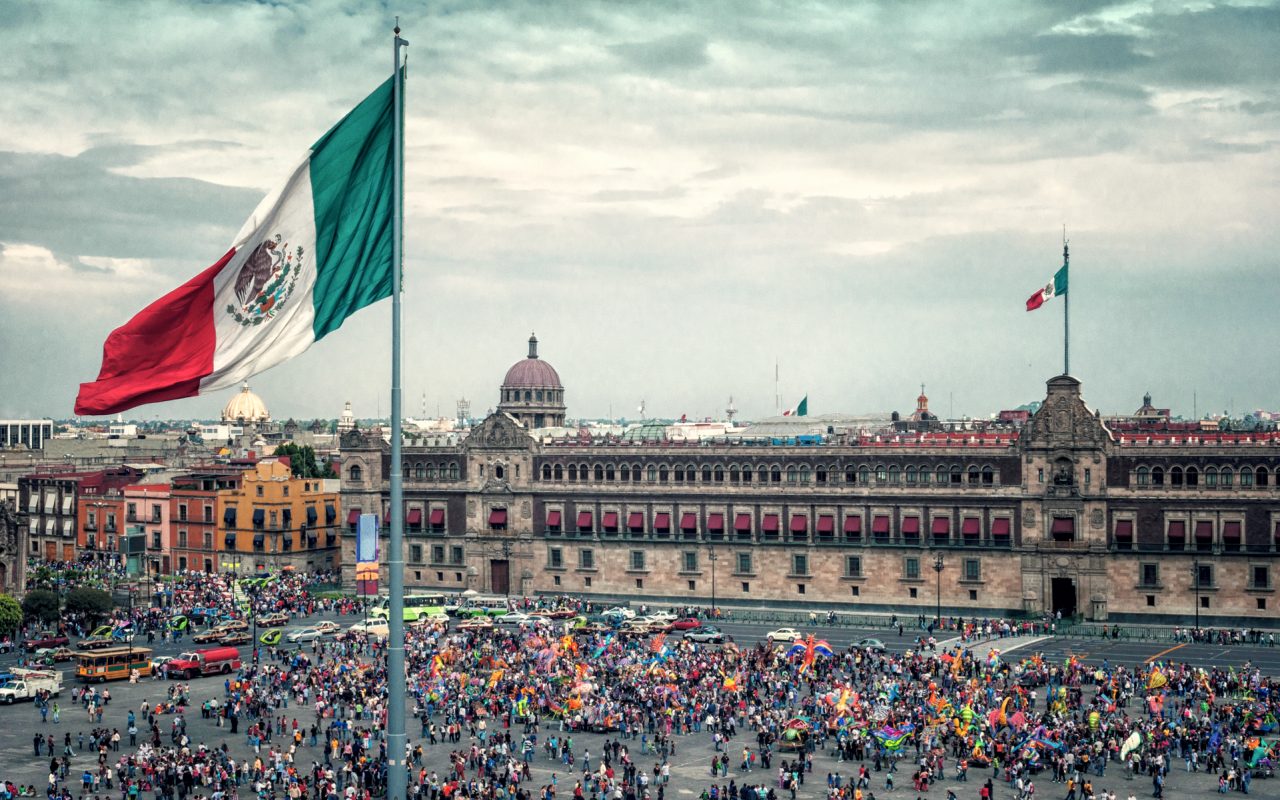
A decree issued by Mexican President Enrique Peña Nieto
today confirmed that Mexico has legalized cannabis for medicinal use
after overwhelming support from Mexico’s Lower House of Congress.
Pena Nieto was once a vehement opponent of cannabis legalization, but has since called for a re-examination of global drug policy after a nationwide public debate on legalization in early 2016.
“So far, the solutions [to control drugs and crime] implemented by the international community have been frankly insufficient,” Peña Nieto told the 2016 United Nations General Assembly Special Sessions in April 2016. “We must move beyond prohibition to effective prevention.”
Last year, Peña Nieto even went so far as to introduce a measure that would allow Mexican citizens to possess up to an ounce of cannabis without repercussions, but the bill stalled in Congress.
The medical marijuana bill sailed through the Senate with ease in December 2016, and Mexico’s lower house in parliament passed the bill in April with a vote of 347-7 in favor of approval. Mexico’s Secretary of Health, Dr. José Narro Robles, voiced his support for the measure, saying “I welcome the approval of the therapeutic use of cannabis in Mexico.”
The decree was issued by the president today and specifies that the Ministry of Health will be tasked with drafting and implementing the regulations “public policies regulating the medicinal use of pharmacological derivatives of cannabis sativa, indica and Americana or marijuana, including tetrahydrocannabinol, its isomers and stereochemical variants, as well as how to regulate the research and national production of them.”
The decree effectively eliminates the criminalization of the medicinal use of cannabis, THC, CBD, and all cannabis derivatives, as well as legalizing the production and distribution of cannabis for medicinal and therapeutic uses.
“The ruling eliminates the prohibition and criminalization of acts related to the medicinal use of marijuana and its scientific research, and those relating to the production and distribution of the plant for these purposes,” stated the Lower House of Parliament, known as La Cámara de Diputados.
Currently, the only cannabis that will be permitted must contain 1% or less of tetrahydrocannabinol, and the Ministry of Health will be required to study the medicinal and therapeutic effects of cannabis before creating the framework for a medical marijuana program infrastructure.
There will certainly still be hurdles to overcome on the bumpy road to medical marijuana, but Mexico just surpassed the biggest obstacle so far.
Pena Nieto was once a vehement opponent of cannabis legalization, but has since called for a re-examination of global drug policy after a nationwide public debate on legalization in early 2016.
“So far, the solutions [to control drugs and crime] implemented by the international community have been frankly insufficient,” Peña Nieto told the 2016 United Nations General Assembly Special Sessions in April 2016. “We must move beyond prohibition to effective prevention.”
Last year, Peña Nieto even went so far as to introduce a measure that would allow Mexican citizens to possess up to an ounce of cannabis without repercussions, but the bill stalled in Congress.
The medical marijuana bill sailed through the Senate with ease in December 2016, and Mexico’s lower house in parliament passed the bill in April with a vote of 347-7 in favor of approval. Mexico’s Secretary of Health, Dr. José Narro Robles, voiced his support for the measure, saying “I welcome the approval of the therapeutic use of cannabis in Mexico.”
The decree was issued by the president today and specifies that the Ministry of Health will be tasked with drafting and implementing the regulations “public policies regulating the medicinal use of pharmacological derivatives of cannabis sativa, indica and Americana or marijuana, including tetrahydrocannabinol, its isomers and stereochemical variants, as well as how to regulate the research and national production of them.”
The decree effectively eliminates the criminalization of the medicinal use of cannabis, THC, CBD, and all cannabis derivatives, as well as legalizing the production and distribution of cannabis for medicinal and therapeutic uses.
“The ruling eliminates the prohibition and criminalization of acts related to the medicinal use of marijuana and its scientific research, and those relating to the production and distribution of the plant for these purposes,” stated the Lower House of Parliament, known as La Cámara de Diputados.
Currently, the only cannabis that will be permitted must contain 1% or less of tetrahydrocannabinol, and the Ministry of Health will be required to study the medicinal and therapeutic effects of cannabis before creating the framework for a medical marijuana program infrastructure.
There will certainly still be hurdles to overcome on the bumpy road to medical marijuana, but Mexico just surpassed the biggest obstacle so far.

No comments:
Post a Comment